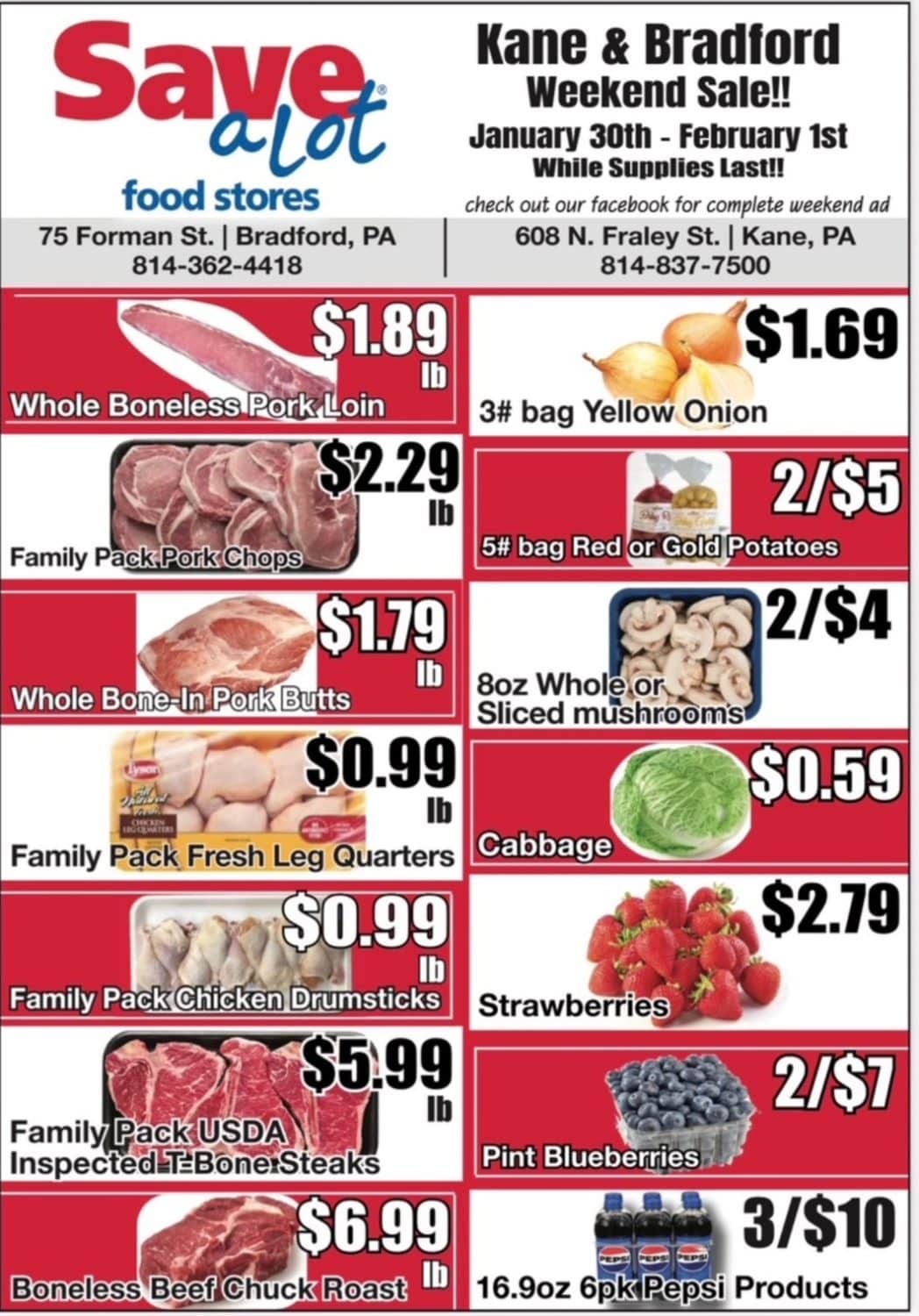Let’s Treat Hunger as the Local Crisis It Is
By Kelsey Boudin

Of all local problems, hunger stands at the center as both a cause and symptom of poverty. Yet hunger isn’t treated like a central issue worth solving to improve the socioeconomic fabric of our communities.
(Yes, this is absolutely a pitch to support my client Olean Food Pantry during the Giving Season right around the corner. Stick with me for a healthy dose of logic.)
Consider these realities:
1. Thousands of kids in our region go to sleep on an empty stomach and attend school the next day without the fuel to thrive.
2. Thousands of adults here can’t work, or frequently miss work, due to chronic health issues caused or worsened by hunger.
Those are problems in themselves. But what else do they cause? Hungry kids do poorly in school. They struggle to find a focus for future success. Hungry adults perform poorly at work. They get fired. They can’t buy groceries. Their mental health suffers. Some develop substance-use disorders.
You see, lacking that very basic element – food – is a root cause of other problems that form direct paths to most other priority issues in Western New York.
The New York State Department of Health earlier this year released its Report on Food Insecurity Among Adults. Not surprisingly, the report finds that 1 in 4 residents of Allegany, Cattaraugus and Chautauqua counties are experiencing food insecurity – as high, if not higher, than anywhere else in the state and nation. The poverty rate in our counties hovers around 17 percent.
The state’s Community Health Indicator Report provides a more detailed breakdown of our region’s determinants of health. The highest areas of concern in our counties? Things like age-adjusted cancer and stroke rates, premature deaths from cardiovascular disease, diabetes, poor mental health, substance misuse, etc.
All of which are tied, directly or indirectly, to diet and healthy living.
Hunger rates here have skyrocketed. The number of individuals and families who use Olean Food Pantry has more than doubled since 2020. On average since January 2022, OFP has served 1,862 people per month, with a spike of 2,003 in July 2023.
Since launching Olean Food Pantry’s $1 Million Fundraising Campaign earlier this year, the ugly face of food insecurity has become clearer than ever. With several grants and the promise of at least one massive donation from a local benefactor so far, the grassroots support is also apparent. But as we manage this ambitious fundraiser alongside OFP’s Board of Directors, we must more clearly communicate the other issues that arise from rampant food insecurity.
Here at Grand River Agency, we’re immersed in the statistics and realities every day while developing marketing materials and fundraising communications. OFP Board members and volunteers on the front lines of service are even more so.
Ironically, the case for higher levels of support is also a case against it. Food distribution isn’t enough. Serving thousands of people and families each month, without the tools and resources to improve their lives, only keeps them coming back for more. Important as community service is to helping families with limited means, the logic behind “teaching a person to fish” holds true.
But it’s not just about teaching. It’s about closing systemic gaps and facilitating resources that improve lives, so people don’t need (as much) help in the first place.
That’s why the $1 Million Fundraising Campaign looks beyond food service for real, actionable solutions. It aims to build the financial firepower to launch community programs and nurture partnerships that tackle root causes of poverty and food insecurity.
I always tell our nonprofit clients: “Your vision should be a world in which your organization doesn’t need to exist.” Essentially, a world in which the problem is solved – or at least controlled.
The Season of Giving fast approaches. We’re targeting Cattaraugus Gives Day (aka Giving Tuesday, which falls on Dec. 3 this year) for an outpouring of community support. That support won’t stand alone. It’ll be used to leverage additional funding from grantmakers and major gift donors to amplify impact.
Long-term vision is key because, despite common misconceptions, hunger isn’t just an urban issue. It’s not limited to the streets of New York City, Rochester or Syracuse. Hunger and poverty are deeply entrenched in rural areas like ours at the northernmost tip of Appalachia — and the issue often goes unnoticed and underfunded by the powers that be.
Let’s treat hunger like the community health crisis it is and let support flow freely to help all other issues, once and for all. They’re intrinsically linked.
Donate to Olean Food Pantry today at www.oleanfoodpantry.org/donate.
(Kelsey Boudin is President and Founder of Grand River Agency in Olean, NY. He can be reached at kelsey@grandriveragency.org.)





